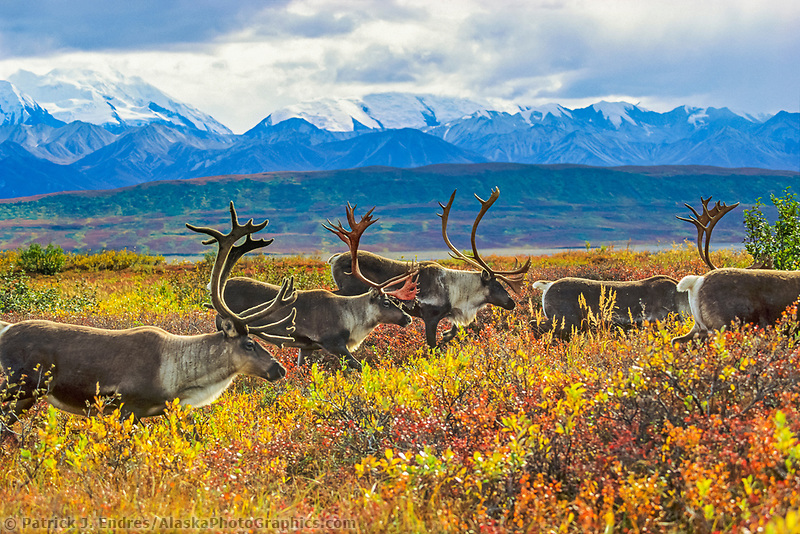Michael Bloomfield & Robert Bateman
Now may be our last chance to save forest-dwelling caribou in BC. Truth is vital to making good decisions and those like the Financial Post who cry “caribou protection policies could wreak widespread economic carnage across Canada “not only seek to mislead but to impede action on species at risk and meeting our commitments on bio-diversity, climate change and indigenous rights.
Decades of poor forest management have put in doubt the future of both caribou and workers. Successive governments enabled it to happen and to worsen as they failed to diversify the northern economy. Suggesting “economic carnage” conveniently fails to acknowledge these truths and the benefits from conserving and restoring caribou habitat. The ground-breaking report “The Economic Impact of Restoring Woodland Caribou Habitat in the Bistcho and Yates Ranges in Northwestern Alberta” made clear the enormous potential.
So what’s at stake and how do we turn things around? Losing caribou, an apex species, means the loss of other wild species dependent on the same habitat. More than that, Canada’s northern forests are the world’s largest forest ecosystem, exceeding 25 percent of the world’s remaining forest, containing 25 percent of the world’s wetlands and more surface freshwater than anywhere else on Earth. These forests store twice as much carbon per acre as tropical rain forests and hold some of the cleanest freshwater on the planet. They are home to many First Nations.
Canada’s northern forests are not only vital to our environment, culture and economy but to meeting our commitments on climate change, bio-diversity and indigenous rights. Continuing to allow damaging and unsustainable industrial practices is lousy social, economic and environmental policy. When sacred areas are despoiled, water supplies contaminated and forests decimated by logging, mining and oil and gas development, everyone loses, including our children and their children’s children.
With the stakes so high what should we do in BC?
- Adopt a province-wide caribou recovery plan with clear commitments for habitat protection and restoration. The currently proposed agreement between BC and Canada fails to do that. To succeed, we also must end recreational hunting of caribou, remove RV and heli-skiing disturbance from critical habitat and abandon the heavy reliance on scientifically and morally questionable predator control.
- Convene a new Commission on Resources and Environment to update the 1996 CORE effort to layout strategic plans and commitments for sustainability in our land-use practices. A northern economic diversification plan with input from affected communities must be part of that process.
Government has done so little for so long to diversify our northern economy that it’s not surprising that fearful resource families and communities threaten to wreck what is perhaps our last chance for caribou recovery; the situation is that dire. Remember, it’s not caribou that threaten jobs it’s over-harvesting, automation and changing markets. Portraying the situation as jobs versus caribou is cynical and untrue. Without more sustainable land-use and forest management, both will be lost. Fearmongering also has caused reprehensible racism against the Salteaux and West Moberly Nations who are courageously leading caribou recovery in northwest BC. Instead they deserve our thanks.
We British Columbians have been blessed with exceptional wealth from natural resources, but we have failed to manage wisely for ourselves and future generations. Industry still fails to take responsibility, blaming caribou and environmentalists for its self-made problems. Government “regulatory outsourcing” lets industry self-manage through professional reliance, arguably compromising public interest and the environment.
No one demands a future without resource extraction; but it must be combined with more conscientious management of our forests, water and wildlife for generations to come. Instead of liquidating our resources for short-term gain we should learn from Norway, invest some of our resource wealth in long-term prosperity and pursue the clean-energy, knowledge-based economy of the future.
The draft caribou agreements announced in late March are a modest step forward but without commitment to do more these limited measures condemn most BC herds to extinction. The reliance on killing wolves is a diversion not a solution. Habitat is the key to recovery and industry must be required to operate accordingly! It’s not enough to manage for currently depressed populations and leave caribou perpetually at risk. Plans must provide sufficient habitat to allow herds to recover to self-sustaining levels.
Environmental groups and First Nations have made a good faith effort to work with business and government. It’s long past time for government and industry to meet their responsibilities and stop their foot-dragging.

